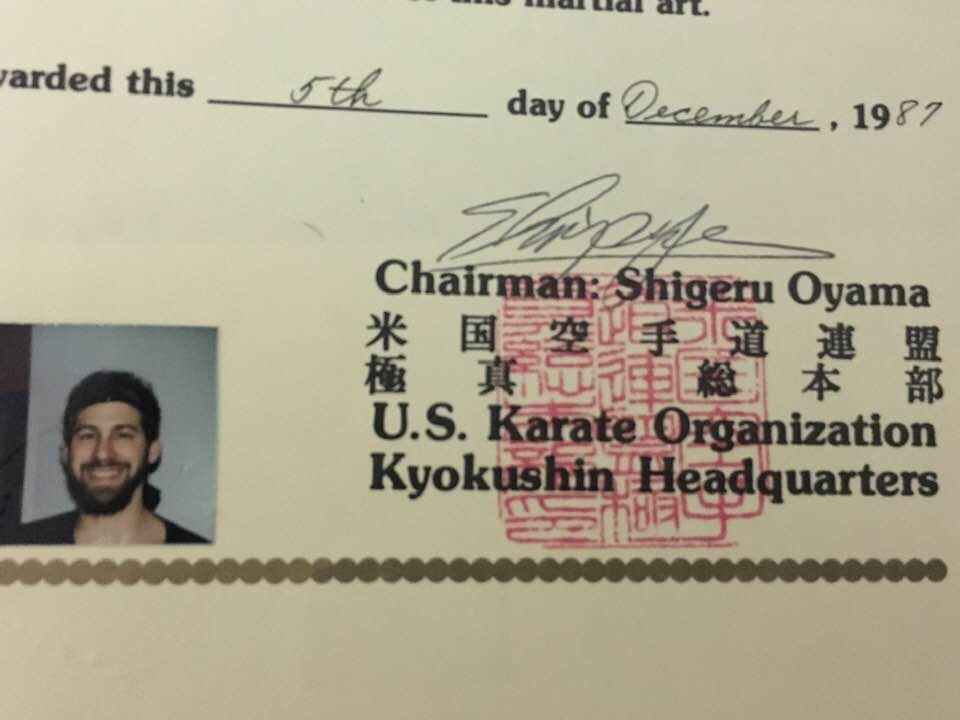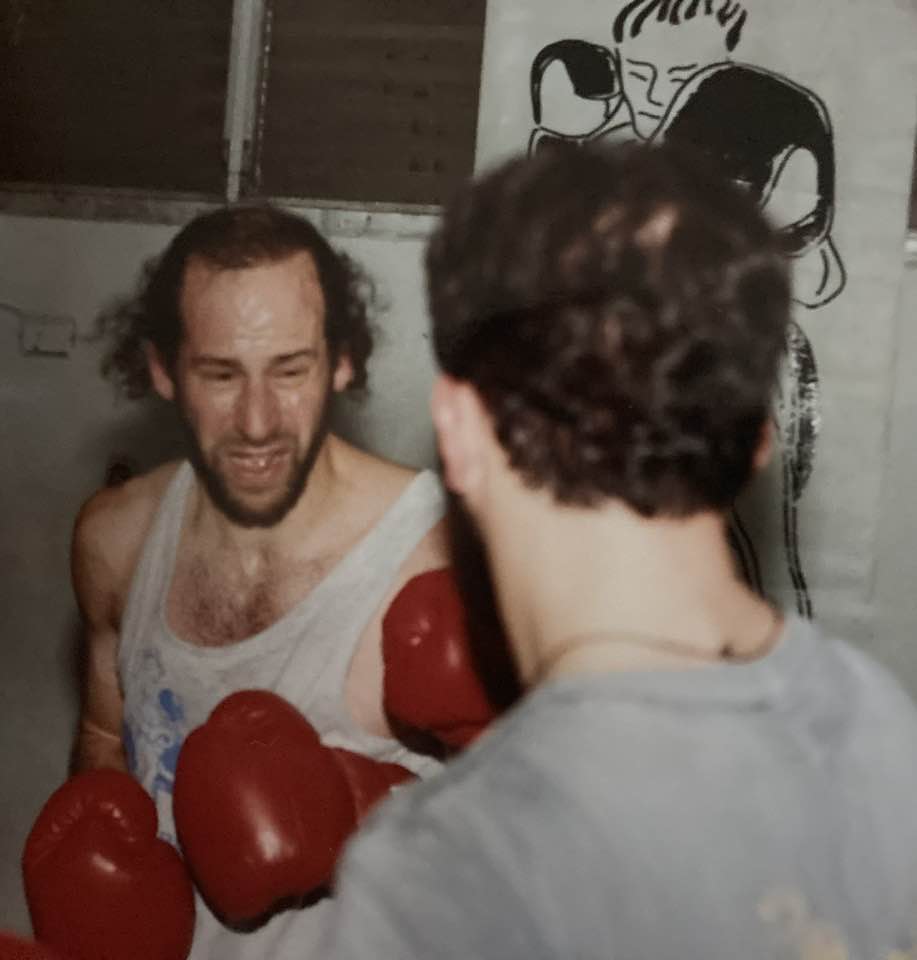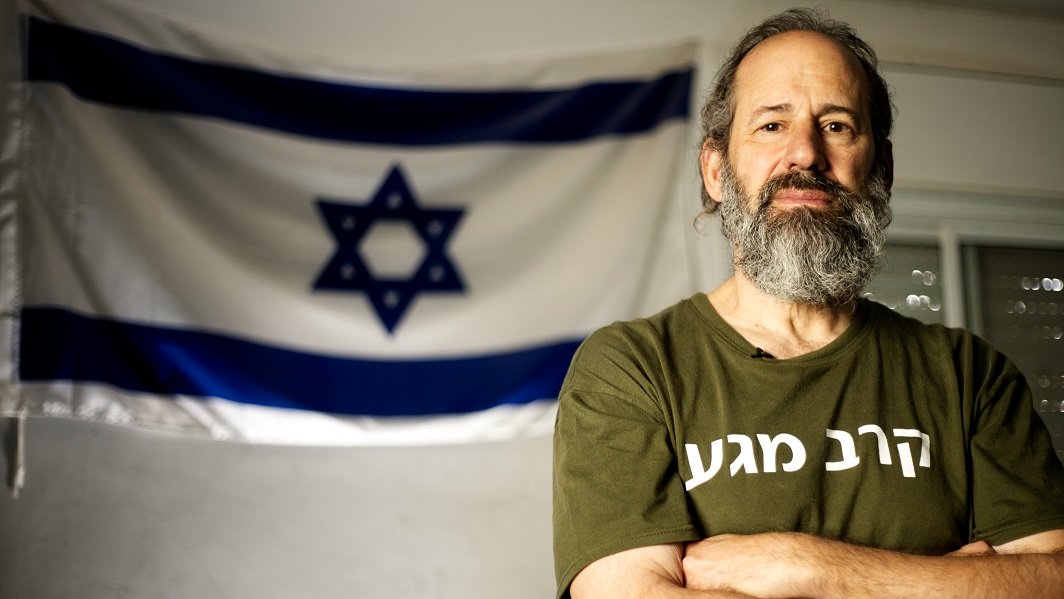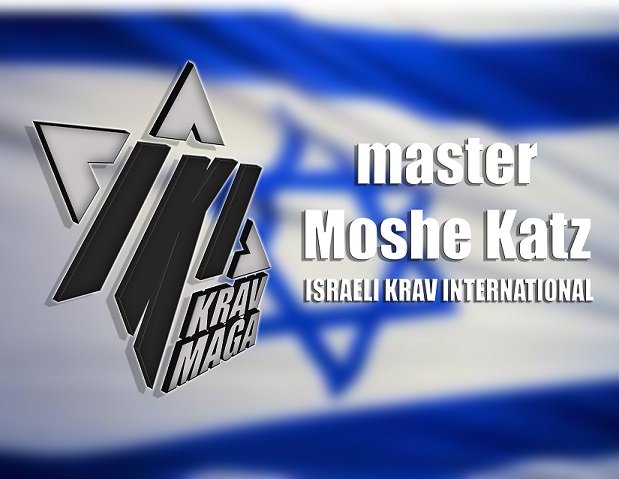- Home
- Krav Maga Blog
- Krav Instructors
- Train in Israel
- Tour Train Israel
- Krav Shop
- DVD
- Kickboxing
- IKI Near Me
- Seminars
- IKI Membership
- On-Line Training
- Krav Maga Training
- Testimonials
- History Krav Maga
- Instructors Page
- Past Blogs
- Spanish
- Italian
- Certification
- Contact
- Holland Seminar
- Vienna Seminar
- Poland Seminar
- Italy Seminar
- Belt Requirements
Aggression in Training How Much
BY MOSHE KATZ
CEO
ISRAELI KRAV INTERNATIONAL
June 30, 2023, Israel

One of the most controversial topics, and most manipulated, is the question of aggression in training.
I trained in the most aggressive and hardest styles of both Karate and Krav Maga. When I would mention to other Karate students where I trained, the reaction was always the same; Oh my, that is the real hard-hitting style, as they backed off.
Both in my Karate and Krav Maga training I was not a stranger to the hospital. Many a time I came home limping and dragging a leg. In my early years at the Oyama dojo in New York I would wake up in the middle of the night from the pain. I had a regular routine by then. Roll myself out of bad and land, hopefully, softly on the floor. Use my "Bo", long karate stick to help me to the bathroom. Draw a bath with water as hot as I can handle it, get in and gently massage my leg until the pain was relieved. Then, I would try to go back to sleep. I would be up at 6 am for the next training session.
In Israel I trained in the most hard-hitting Krav Maga school in the country. We used to joke that we are located directly next to a hospital since we send them so many students/patients.
I am no stranger to hard-hitting aggressive training. I am no stranger to full-contact fighting.
In Israel too many times I limped to my car, dragging an injured leg. Today I am paying the price for this. Today I had a CT for my knee, awaiting results.
When I returned to visit the Oyama dojo in New York, again I participated in the highest-level full contact fighting. I faced off against the Polish Kyokushin Karate champion who came to the USA to improve his skills. I faced the best fighters in the New York dojo and ended up in the final 4. That night I had to visit the hospital yet again and needed stiches in my face. None of this ever bothered me or deterred me from training.
And yet it is very important to point out that although the sparring, or fighting was full-contact and the level of those fights depended entirely upon the two fighters, the actual training was never, ever, violent or brutal. None of my instructors, in Karate, Krav Maga or Thai Boxing, ever was "Bad Ass" in class. When a technique was being explained it was done in a calm voice and demonstrated slowly and carefully. I have never seen a gun defense or a knife defense demonstrated "aggressively" in a Krav Maga class, but rather it was always shown slowly and carefully. When you trained with your partner it was up to you how hard you wanted to go.
When it came to testing, yes, those knife attacks and stick attacks were fast and aggressive, as they should be. Still, everything was in a safe and controlled environment. When the head instructor was away, myself and Ildiko and one other fellow (Eran) ran the classes, and Ildiko insisted we take extra precautions for safety.
The point being that the concept of showing how "Bad Ass" you are, simply did not exist.
And yet today, it does, and the questions is why, and how this is expressed.
I feel the answer is quite simple: social media. Everyone is trying to out market the competition. Everyone is posting photos of their training. "Impressive" and yet unsubstantiated military accomplishments are paraded. Training is made harsh and aggressive to show that one is a true Tough Guy and a Bad Ass, and yet it was never like this before.
So, the question I want to ask is: How aggressive should the self-defense training be?
At IKI we test each and every technique with full resistance and full force. Just the other night I accidently smacked one of our instructors in the face. I myself have received plenty of blows. At the end of our Tour and Train sessions everyone is comparing their bruises, their black and blue marks. We do train hard. However...
I as the instructor try never to hurt my students, what would be the point in that? My dear friend and mentor Prof. Arthur Cohen guided me about seminars, he said, never hurt a student. Everyone came in with ten fingers, they leave with ten fingers. etc. And I know how tough and formidable Arhtur was. I don't think I ever met anyone who hands and fingers as strong as his. His lesson: You have no right to hurt a student, certainly not at a seminar when these are not your students.
Our way is teach gently, speak softly, teach realistic techniques that you have personally tested, both as the aggressor and as the defender. (You must know how it feels to be on both sides). Prof. Cohen always stressed you need to play three parts: Attacker, Defender and Observer. This way you get the full picture.
Once the students have learned the technique well, we increase the speed. When they are ready, we train with full force and full resistance, but in a controlled and safe environment.
We too have had our fair share of injuries, but relative to sports like basketball, running, or football, relatively fewer.
Train safe, train smart, and train hard.


Moshe Katz, 7th dan Black Belt, Israeli Krav Maga. Certified by Wingate Institute. Member Black Belt hall of fame, USA and Europe.
Understand the Israeli Fighting Mentality - Israel a Nation of Warriors by Moshe Katz

What is the cultural background of Krav Maga? What makes it unique? What makes the Israeli military so effective? Why are Israeli security systems used all over the world?
What are the Biblical origins of Krav Maga and who was the first Krav Maga instructor?
What weapons and military strategies did our Biblical ancestors use?
How has Krav Maga developed in Israel and what are its goals?
All that and more in this unique book.
Start Your REAL Training TODAY
Or is someone coming to save you?
IKI Krav Maga online distance training - Leading to ranks and certification.
Tour and Train Israel Experience
Personal Training - If you are interested in personal Krav Maga training please contact us on the form below.
